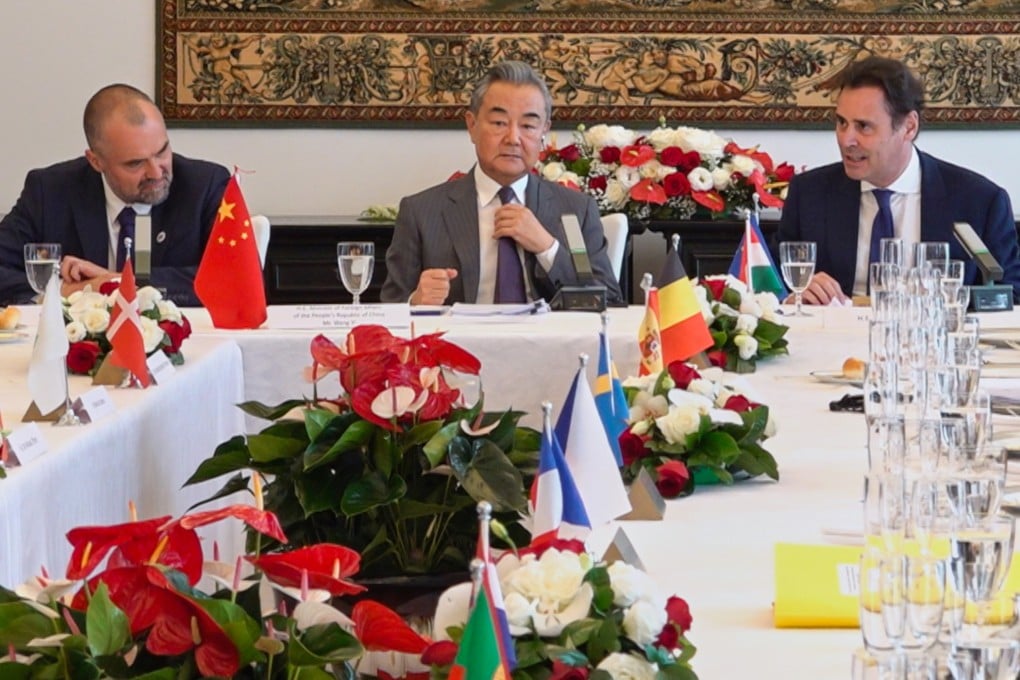Articles in this Cluster
26-06-2025
China's leaders are reevaluating their approach to Taiwan in light of President Trump's recent airstrikes on Iran's nuclear facilities, which has introduced new uncertainty into China's calculations. Chinese officials and experts were already trying to understand Trump's approach to Taiwan, which Beijing claims as its territory. The airstrikes have likely made Chinese leaders more cautious about testing Trump's resolve on Taiwan, as they perceive him as more willing to use force than expected, but also less predictable. China's probing of Trump's thinking on Taiwan has included stepped-up military activity and coast guard operations around the island, as well as attempts to assess Trump's red lines through diplomatic channels. The Chinese government is preparing for various scenarios, including a rapid escalation in tensions or conflict, and is confident in its military capabilities, which it believes would be a more formidable opponent than Iran's.
26-06-2025
Chinese Premier Li Qiang has urged the Asian Infrastructure Investment Bank (AIIB) to increase its support for China's Belt and Road Initiative, a regional development program launched in 2013. The AIIB, a Beijing-backed development bank, provides loans to developing countries for infrastructure projects. Li's comments come as the US, under President Donald Trump, has pulled back support for Western-led institutions such as the World Bank and the IMF, creating an opportunity for China to capitalize on the shift. The AIIB has approved over $60 billion in financing since its launch in 2016 and has worked with countries such as Indonesia on numerous projects.
26-06-2025
China's Foreign Minister Wang Yi met with EU diplomatic envoys and called for enhanced mutual trust and cooperation to elevate China-EU ties to a "new level" amid widening trade tensions, ahead of a two-day China-EU summit in late July to mark 50 years of diplomatic ties.
26-06-2025
OpenAI has identified Beijing-backed Zhipu AI as a top rival in the global AI race, citing its "notable progress" and expansion outside of China. Zhipu AI has raised over $1.4 billion in state-backed investments and has offices in several countries, including the Middle East, UK, Singapore, and Malaysia. OpenAI believes Zhipu AI is playing a key role in China's "Digital Silk Road" strategy, offering AI infrastructure solutions to governments worldwide, posing a threat to OpenAI's own global ambitions.
26-06-2025
China is building a strong foundation for the next wave of AI and robotics, driven by its robust data infrastructure, mature supply chain, and vast market, according to entrepreneurs and scholars at the World Economic Forum's "Summer Davos" event, with Unitree CEO Wang Xingxing citing government support and a favourable business environment as key to his company's success, and Cheung Kong Graduate School of Business dean Li Haitao stating that China has "tremendous potential" in AI and is one of only two countries that can lead the AI revolution in the next decade.
